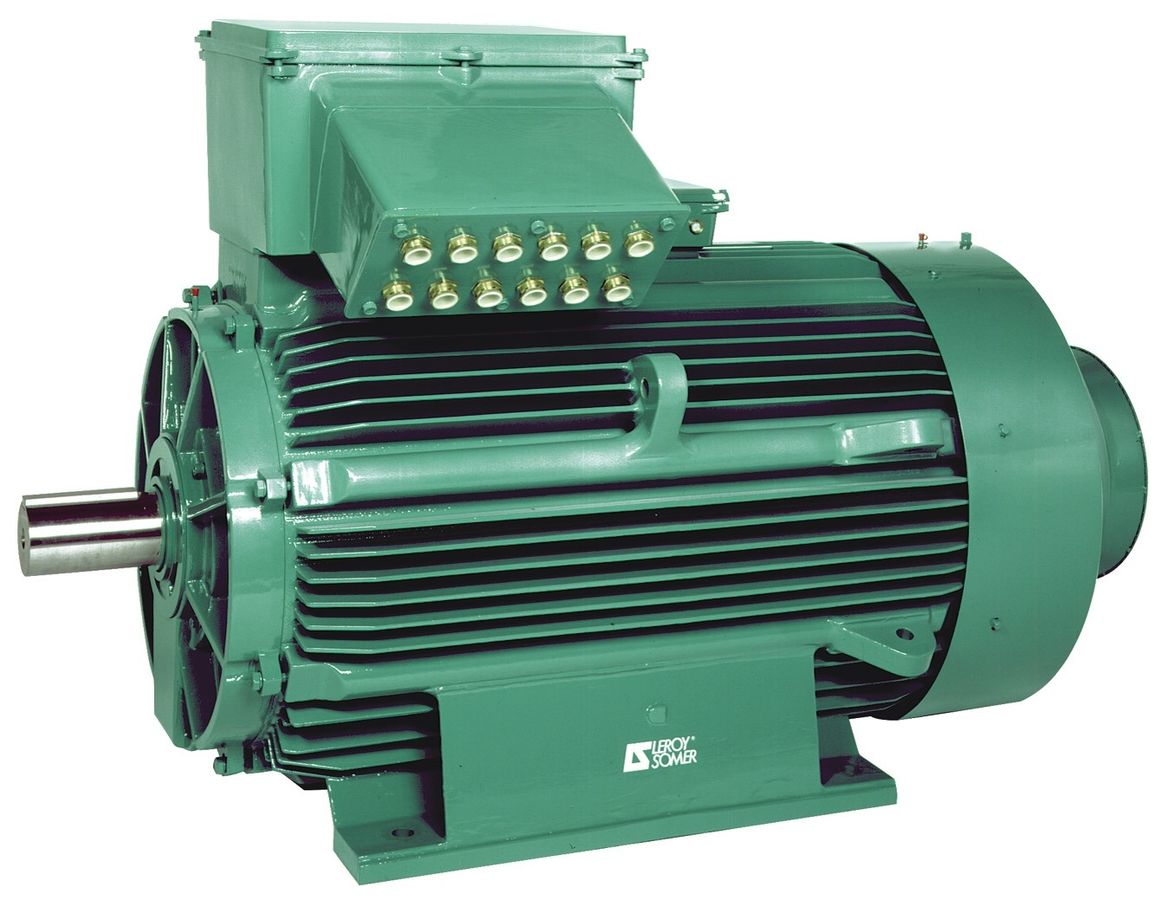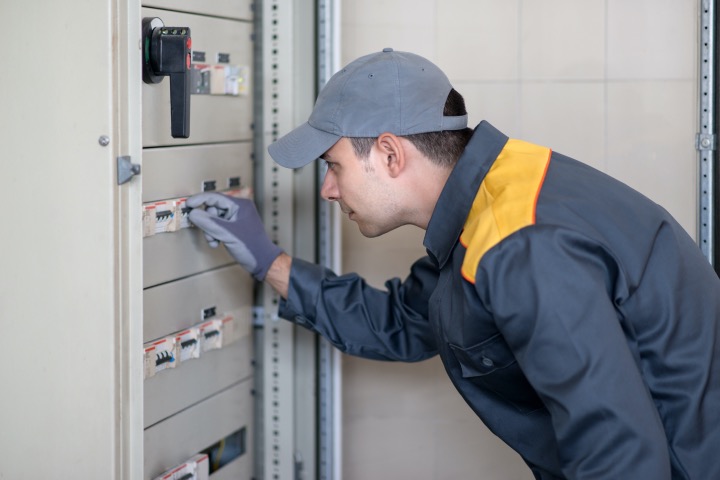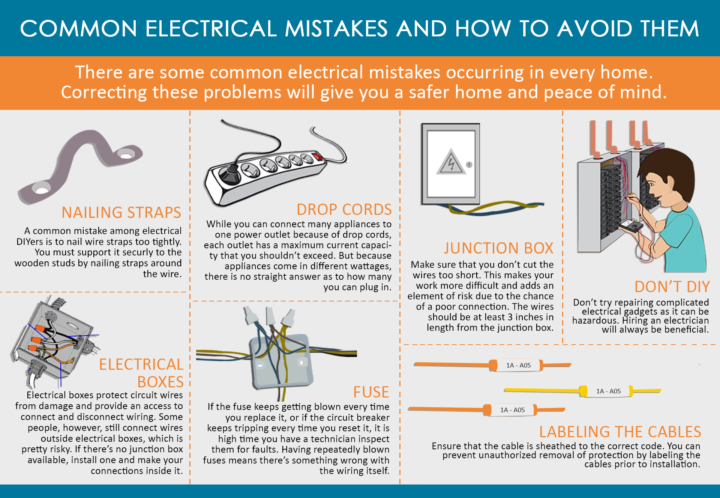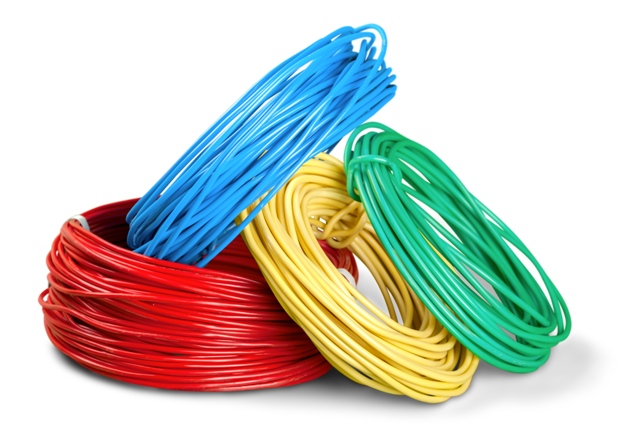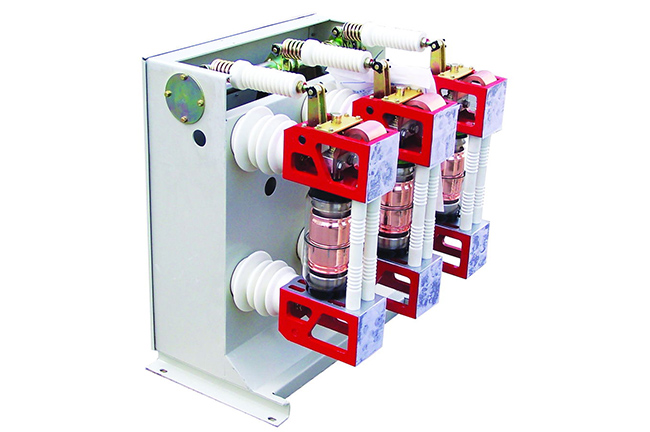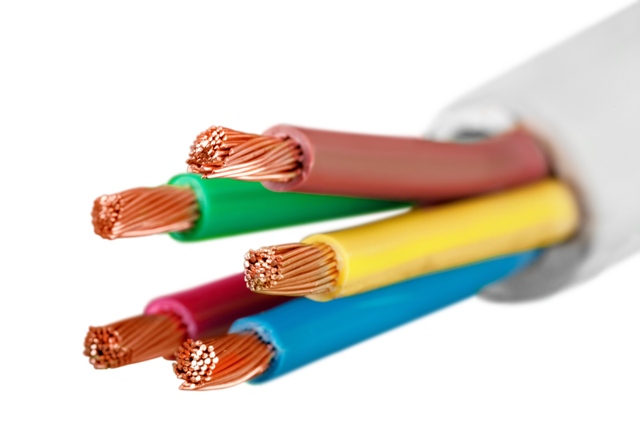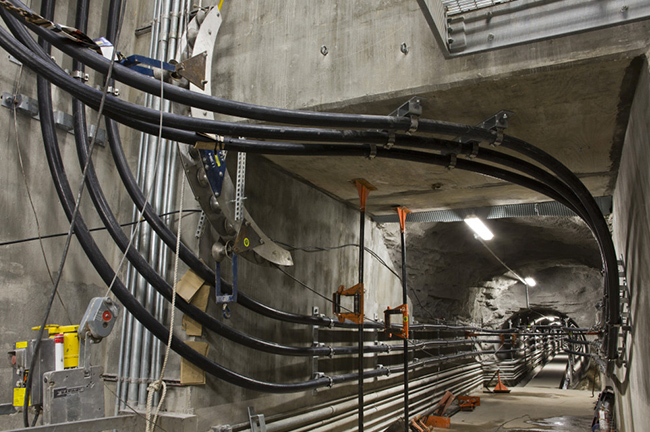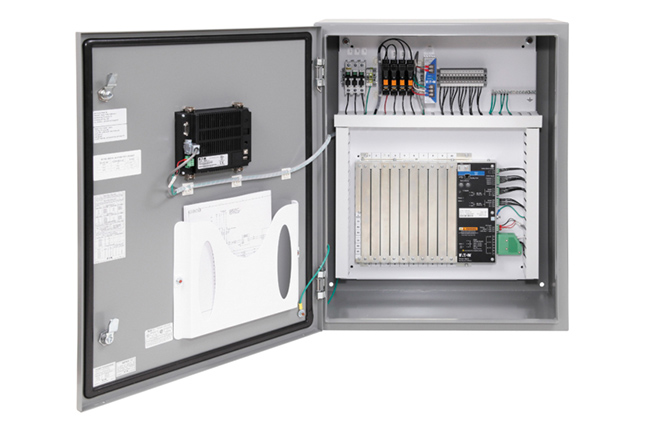Understanding NEMA Ratings For Electrical Enclosures
NEMA or the National Electrical Manufacturers Association has developed rating standards for electrical enclosures to ensure safety, compatibility and proper function of electrical products. These ratings provide the standards that help in defining the types of environments in which various electrical enclosures can be used. NEMA ratings frequently indicate a fixed enclosure's ability to withstand [...]

